The Terminator Theory: Movies that prove Stephen Hawking's deadly AI warning
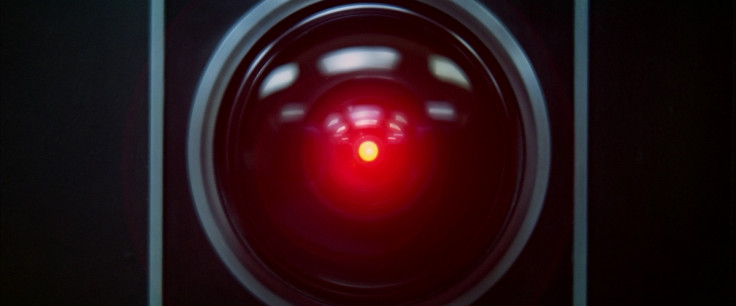
World famous theoretical physicist Stephen Hawking has voiced concerns that the creation of full artificial intelligence (AI) could bring about the end of the human race, and considering he's one of the world's greatest minds, we should probably all listen to him.
We won't though. Humanity has a tendency to ignore its best and brightest, but as sure as people will do exactly that (just look at how the climate change debate remains a debate at all), they will also drop everything to watch a good movie.
Thankfully there are many films equally as foreboding as Hawking's statement, showing us the perils of technology and sentient AI. Here are seven of the best examples...
Terminator series
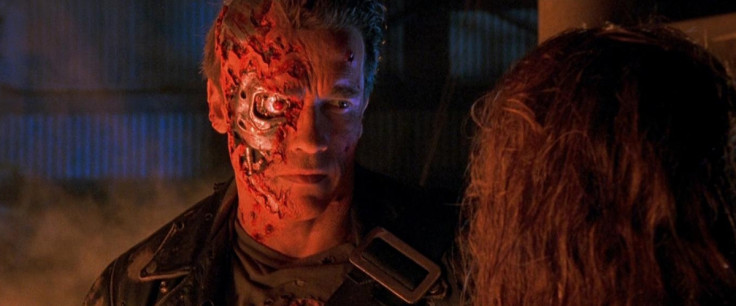
The classic example. In the future an AI defence network known as Skynet has become self-aware and initiated a nuclear holocaust, leading to a brutal war between humanity and the machines it created. Then some time-travelling occurs and eventually McG ends up directing a film.
There's no subtlety when it comes to Terminator's message, but there isn't meant to be. Nothing lets you know the power of technology has grown out of control quite like a six foot two inch naked Austrian android, built like a brick outhouse, bearing down on you and ripping the heart out of your chest.
Avengers: Age of Ultron
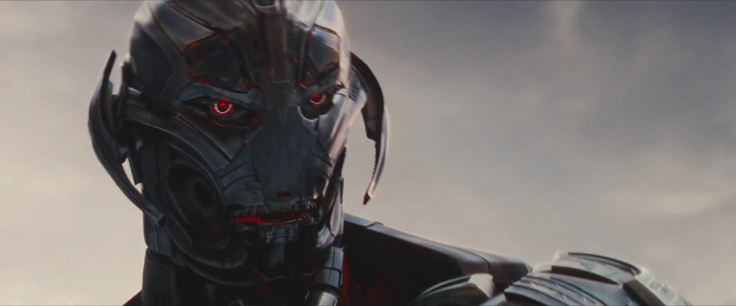
Terminator is getting a quasi-reboot next year in the form of Terminator: Genisys, but it won't be the year's biggest techno-sceptic film. Avengers: Age of Ultron stars the familiar Marvel superheroes, this time taking on title character Ultron, an android with a chip on his shoulder.
He's the creation of Tony Stark, aka Iron Man, who finishes a dormant defence programme in the hope of easing the strain on he and world's other superheroes. It does not go well, as Ultron is born, with the belief that the easiest way to eradicate humanity's woes, is to eradicate humanity.
Technically he's not wrong.
The Matrix trilogy

While we don't see it ourselves, well before the events of the Wachowski siblings' film, humanity and machines wage a war that ends with humanity blocking out the sun. In retaliation the machines harvest us to keep themselves alive, creating the Matrix as a virtual world for our minds to inhabit as we produce bioelectricity for our oppressors.
The Matrix trilogy is about The One (Neo) fighting for the freedom of humanity and ending the war. It ends with compromise and a ceasefire after Neo takes down the rogue Matrix AI Agent Smith. It shows that humanity might be able to live on after the machines take over, but also that it's probably not worth all the fuss of learning kung fu.
Tron: Legacy
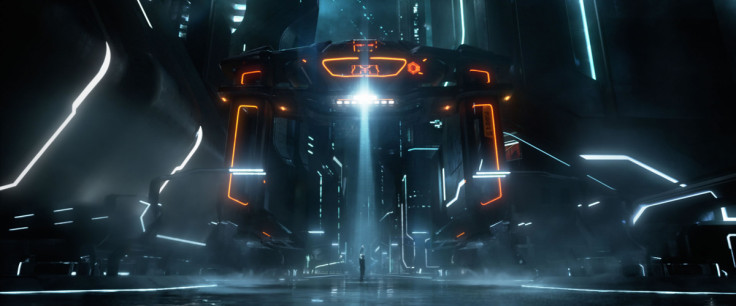
In Tron: Legacy, we return to the virtual reality world 28 years after the events of the first film (itself 28-years-old at the time) - a lot has changed. For one it looks a lot nicer, but it also has a benevolent leader in CLU – an AI who resembles a young Jeff Bridges, the original film's star who also appears as his older, human self.
CLU's plan is to send himself and an army into the human world and presumably conquer it. All that born out of a feud over who created and took credit for a series of 80s video games – it's a mad industry.
Alien series + Prometheus

The focus of the Alien series is of course its alien horrors, but there's a secondary running theme about androids present from Ridley Scott's first film through the four film series to Scott's 2012 prequel Prometheus.
In the original film it's Ash, who apparently with orders from "the company", attempts to kill heroine Ellen Ripley. In each film since the issue of whether the android character can be trusted is ever-present.
There is another theme however, revealed in Prometheus. As it turns out the aliens we know are the creation of a race of beings known as engineers – who apparently birthed the human race. Quite whether their method of creating life is organic itself of a creation of their own isn't clear – but regardless they create something which soon becomes uncontrollable.
Blade Runner
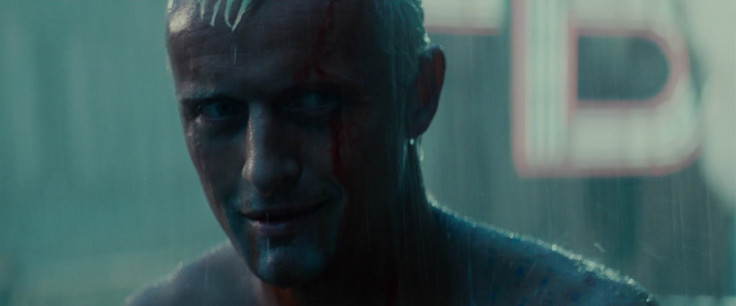
Ridley Scott's other seminal science fiction classic (one can never have too many), Blade Runner is once again about synthetic androids – in this world called Replicants – and the issue of whether they can be trusted.
The twist however opens up another regular theme of robot movies: at what point are androids pretending to be alive, actually living? The film's "villains" as it were, are only fighting for their own freedom. They want to be free, and having developed the desire, doesn't that mean they should be?
It can all be avoided though if we just don't make human-like androids anyway.
2001: A Space Odyssey
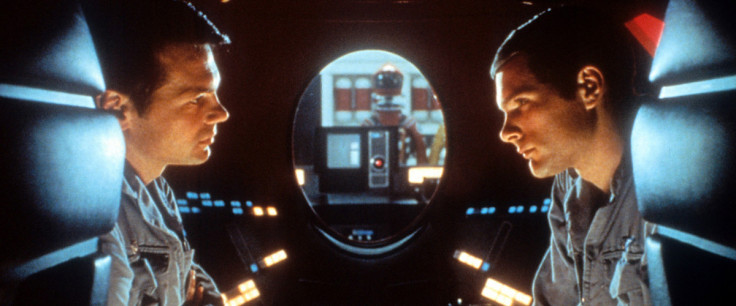
The science fiction movie to end all science fiction movies. The Beatles equivalent of sci-fi cinema that has had a hand in any every single sci-fi since its release, whether those films want to believe that's the case or not.
At the core of Stanley Kubrick's grand tale of evolution and humanity is a simple tale about an astronaut and the AI aboard his ship – the HAL 9000 – who decides to take matters into his own hands. The purest and best version of a tale regularly aped by even those on this list.
© Copyright IBTimes 2025. All rights reserved.






















